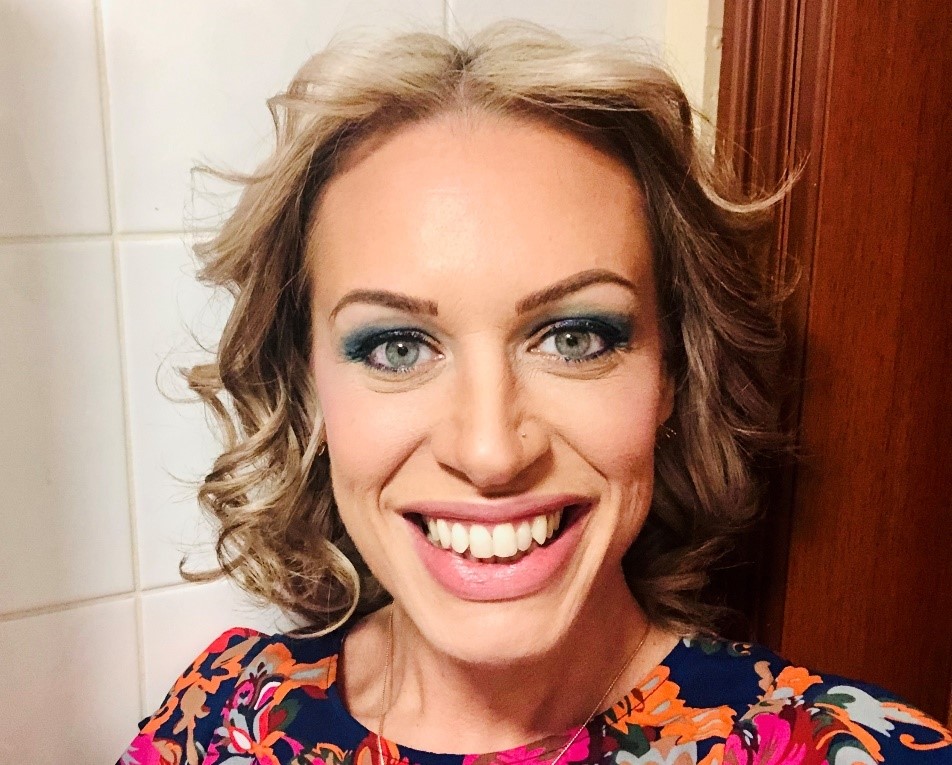Emma Dunn: Don't buy the grapes
This month we hear from Civil Servants about allyship and how to be a good ally.

Emma Dunn is the Chair of a:gender.
Don’t buy the grapes.
I was around 5 years old when my mum introduced me to the concept of racism. We were in a supermarket and I was pestering her to buy me some grapes. She looked at the grapes and explained she wasn’t prepared to buy them because they came from South Africa, a country where (during Apartheid) the government treated their black citizens horribly - and that some of the money from the grapes would go to these “bad people”. I remember being confused by the idea that black people could be targeted because of their skin colour but also pleased by the idea that we could oppose it, even though we were white and lived thousands of miles away in Scotland. I was also cheesed off cos I really wanted the grapes…
Since then, I’ve always had an awareness of the importance of being an ally, although thanks to the privileges I enjoy, it took me a while to realise discrimination was everywhere. I worked with a lesbian manager in my first student job and adored her – I was horrified when she explained how much abuse she was regularly subjected to. I saw first-hand how much subtle racism my best friend had to endure and started to understand how my white skin insulated me. After my younger sister was diagnosed with a debilitating form of arthritis, I noticed how she struggled to get around in a world geared towards the able-bodied.
When I found out I was intersex, it was the prejudice directed at LGBT people that started to feel horribly close to home. Once I understood that my body wasn’t binary, it seemed especially wrong to discriminate against people who also didn’t fit neatly into binary, heteronormative and cis-normative ideas about who they were or who they loved. That feeling has only increased as I have learned more. Heteronormative, cis-normative, and binary cultural and societal ideas damage us all, regardless of whether we are LGBTI.
Even now, I am still learning about the more nuanced types of prejudice and discrimination within our own LGBTI community. Bi-phobia and bi-erasure are still disappointingly prevalent. We see people trying to position trans rights as if they are in opposition to women’s rights. Too often the voices of people with less privilege are less audible (people of colour, trans people and women). Within the Civil Service we can still struggle to overcome unconscious bias, particularly around grade, disability and part-time hours. This is why I think it’s so important that the CSLGBT+ and a:gender networks continue to work together to examine these issues; even within our community we are so diverse that we must be vigilant to ensure we remain inclusive.
In the words of the fabulous Kerry Washington; “We can’t say that we believe in each other’s fundamental humanity and the turn a blind eye to the reality of each other’s existence and the truth of each other’s hearts. We must be allies and we must be allies in this business because to be represented is to be humanized and as long as anyone, anywhere is made to feel less human, our very definition of humanity is at stake and we are all vulnerable.”
I now realise more than ever that, just like my parents, my values are not a passive thing but something I need to live every day and stand up for. The question is how can I consciously make a positive difference, just as my mum consciously chose to take a stand when I was a child?
It’s not always easy or comfortable. I have been challenged about the way I think and the assumptions I sometimes make but it’s essential to listen and ensure that we express our values in our actions every day. It is important from a moral and ethical point of view, but it’s also business-critical; having more diversity of thought and opinion within your organisation makes your organisation more flexible, resilient and innovative. It is why the Civil Service has an ambition to be the most inclusive employer in the UK; we want to be the best. We deserve it, and so do the communities we serve.
Being an ally is not just about the big acts (disclaimer; marching at Pride is still amazing) but the little things too. There are endless ways to recognise, support and include all your LGBTI colleagues. This week I would challenge you to find ways to evolve your allyship. You could start by joining the CSLGBT+ and a:gender networks and finding out more about the more nuanced issues that affect your LGBTI colleagues. We are proud to work together to support LGBTI people across the Civil Service.
And remember; don’t buy the grapes!
Introducing our new resources for allies. Want to be a good ally to your LGBT+ colleagues? We’ve produced and collated a range of resources to help you.